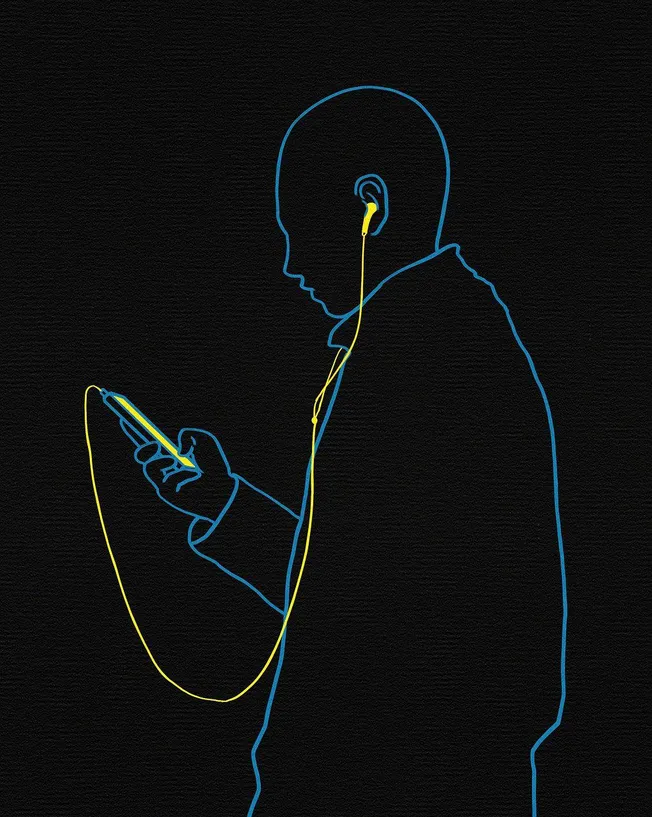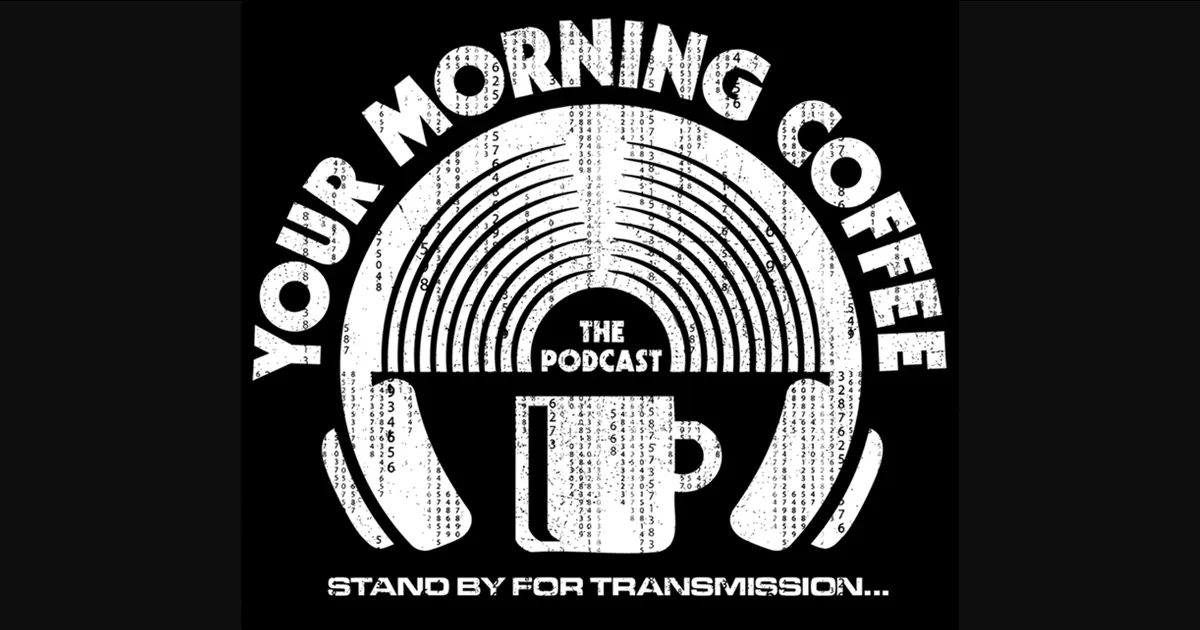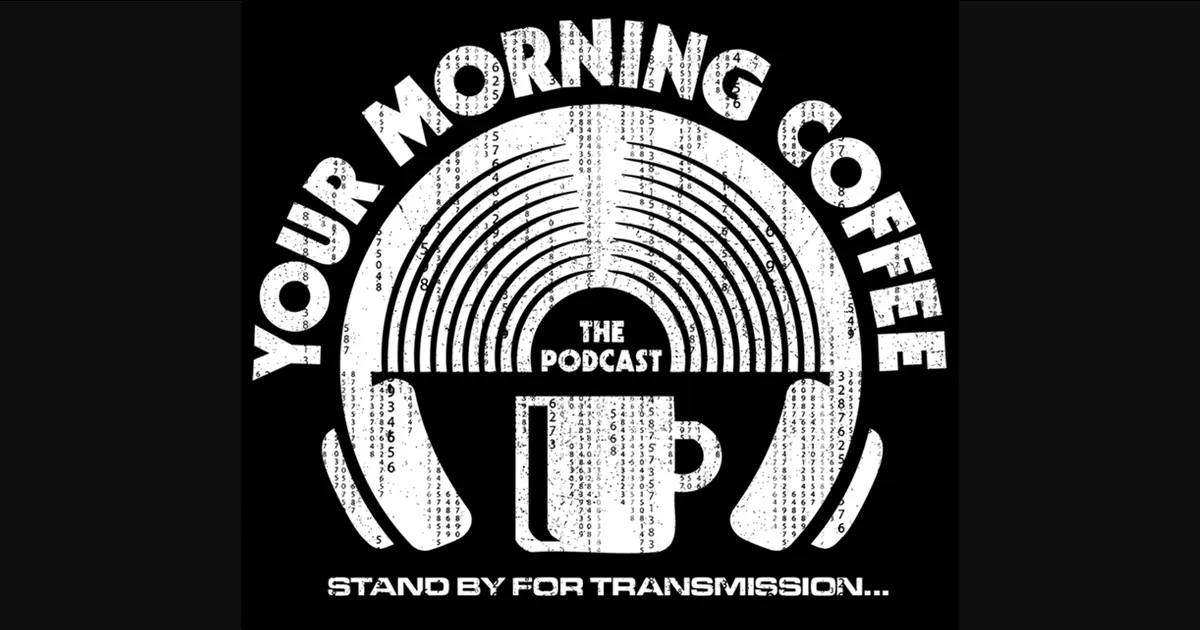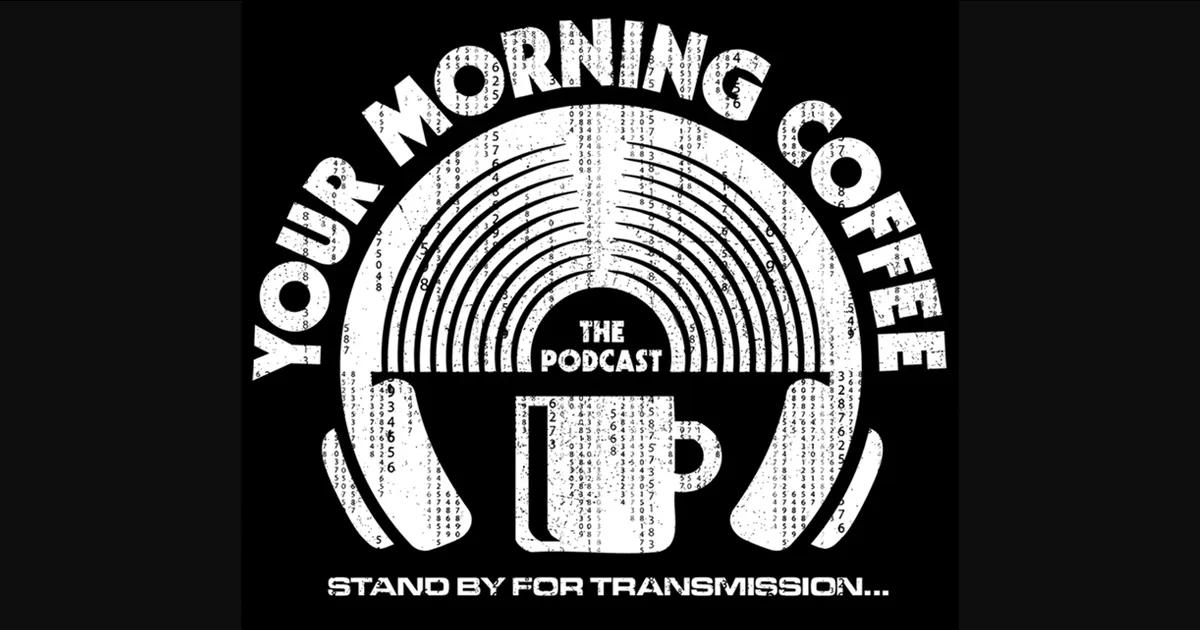Young men care less about music and and more video games than in previous generations.. With fewer male listeners and no marketing aimed at them, is a major streaming collapse could be closer than anyone thinks?
Why Young Men Care Less About Music and Why It Matters (A Lot)
by Bobby Owsinski via Music 3.0
I wrote recently about how there are no more garage bands or places for them to play, and how young men would prefer to indulge in video games rather than create music. I think the problem goes deeper than just the creation of music – it’s music consumption as well.

MIDiA Reseach recently posted an article specifically about this and sited the data to back it up. One thing that was startling is the fact that there are more 16 to 24 year old women on social media than men, with the difference being about 5%.
That might not seem like that big of a deal except for the fact that so much of music marketing and discovery is done via a social platform. With more women than men on these platforms, of course the marketing is going to skew towards women, which will only make the problem worse.
Where Is The Angry Music?
One of the things I’ve noticed (I’m sure you have as well) is how safe music is these days, catering the lowest common denominator. That’s always been the case to some extent, but there used to be a vital underground that not only fed the next trend, but met the needs of the men who were listening.
For those males that are reading this, I’m sure you remember the music you loved when you were a teenager. It was angry, upbeat, driven, aggravated, and all the other adjectives that accompany youth.
Rock music was rebellion and found a willing ear with the male youth of the day. It was a way to express your inner rage. Whether it was rock n’ roll, rock, metal, or hip hop, it spoke your language.
Today there’s a lot less of that type of music available, which is another reason that young men are being pushed away from music.
I’m not saying that none of that exists in the music being made today, just that there’s a lot less, and it isn’t heavily marketed to young males. As a result, video games for sure make a better outlet.
The Big Industry Problem
All this is flying somewhat under the radar at the moment, but it won’t be for long.
The music industry says it’s enjoying good times right now, but streaming growth in most countries not in Africa has slowed to low single digits. I expect that growth to plateau or actually fall next year as consumers tighten their belts due the effects of U.S. tariffs and sanctions.
Many have already ditched that second music subscription, and some are even going back to the free tier on platforms like Spotify and Deezer.
But the situation will get even worse if even a small number of the young male population turns its back on music. And you can’t blame them. Taylor Swift, Sabrina Carpenter, and Miley Cyrus so not speak to them or for them.
And that’s the problem. Even if subscription prices were to rise again (and you know they will), you can replace some of the money, but you just can’t replace dedicated monthly users.
This is a snowball that’s just starting to roll down the hill. It’s going to get nasty when it reaches the bottom.
Bobby Owsinski is a producer/engineer, author, blogger, podcaster, and coach. He has authored 24 books on music production, music, the music business, music AI, and social media.





